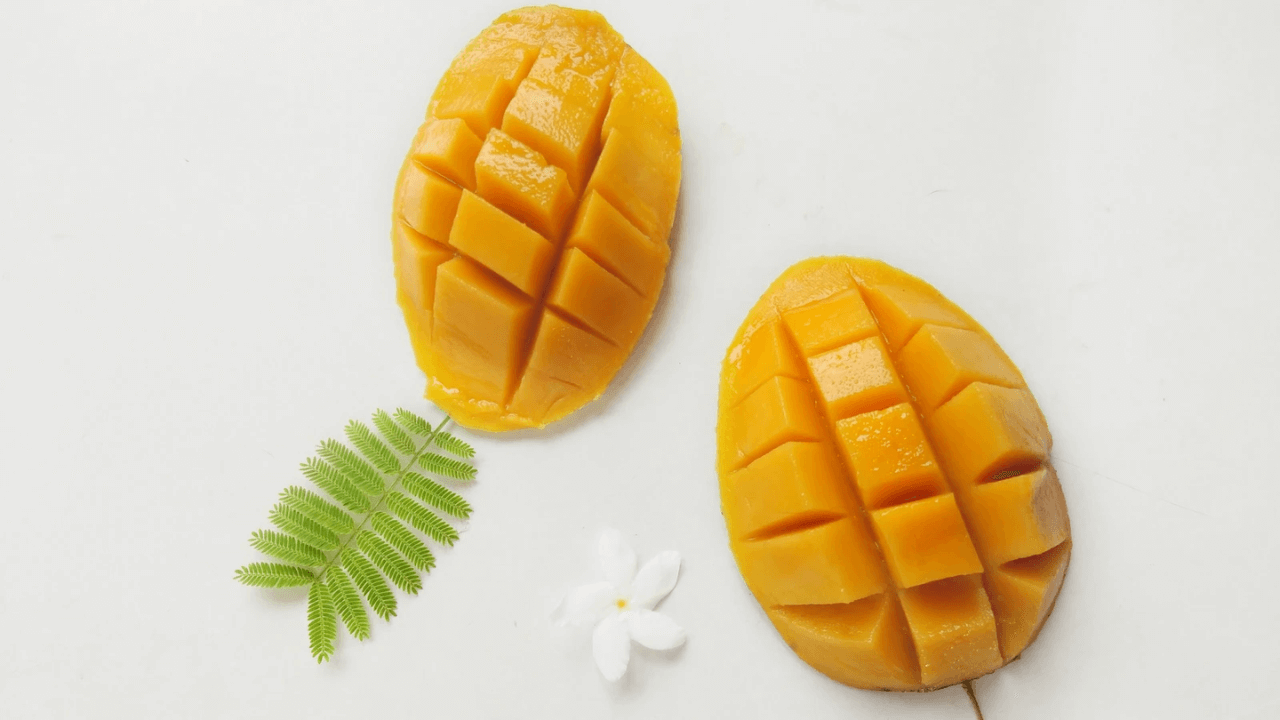Introduction: The Delectable Mango
Every year on July 22, National Mango Day is celebrated, paying tribute to one of the most beloved fruits worldwide—the mango. Beyond its mouthwatering taste, mango holds immense cultural significance, particularly in Indian history. Let’s explore the cultural importance of mangoes and the vibrant festivities of the International Mango Festival.
Significance of International Mango Festival: A Fruit of Love and Prosperity
Mangoes hold a special place in Indian mythology and literature, symbolizing love and prosperity. The fruit is deeply connected to Indian festivals and rituals, representing abundance and good fortune. This cultural significance makes the International Mango Festival a joyous celebration of this treasured fruit.
History of International Mango Festival: From Idea to Tradition
The International Mango Festival originated from a brilliant idea by the National Horticulture Board of India in 1987, dedicated to celebrating mangoes. Over the years, it has evolved into an annual tradition, eagerly anticipated by mango enthusiasts across the nation. The festival features bustling mango markets, vibrant mango exhibitions, and a delightful array of mango-based treats.
Mangoes: A Fruit with Ancient Origins
Mangoes have a history that dates back thousands of years, with their cultivation beginning around 5,000 years ago. Revered in Indian folklore, it is believed that Lord Buddha was gifted a mango orchard to find solace under its shade. The English and Spanish names for mangoes originated from the Malayan word “manna,” altered to “manga” by the Portuguese during their spice trade expeditions to Kerala in the 1490s.
A Global Journey: Mango’s Spread from Asia to the World
The mango’s popularity spread far beyond India. Around 300-400 AD, mango seeds traveled with humans from Asia to the Middle East, East Africa, and South America. From there, it continued to captivate the taste buds of people worldwide, becoming a cherished fruit in various cultures.
Mangoes: Beyond a Fruit
In India, mangoes are not just fruits—they are symbols of love and friendship. Various parts of the mango tree, including leaves, bark, skin, pit, and flesh, have been utilized as folk remedies for centuries. Interestingly, mangoes share a family connection with cashews and pistachios, as they all belong to the Anacardiaceae family.
Conclusion: Celebrating the Fruit with Rich Traditions
National Mango Day and the International Mango Festival commemorate the beloved mango, cherished for its delectable taste and deep cultural significance in India. The festival is a vibrant testament to the enduring love for this sweet and succulent fruit, keeping alive stories from ancient times to the present day.
- 3 August Current Affairs 2023 in English
- MoU Between Subroto Mukerjee Sports and Education Society and All India Football Federation (AIFF) to Promote Football at Grassroot Level
- Dr. Mansukh Mandaviya Delivers Keynote Address at the 13th Indian Organ Donation Day ceremony
- Education Ministry Forms Expert Panel on Anti-Discrimination in Higher Education
- Concerns Arise Over Cheetah Deaths at Kuno National Park
